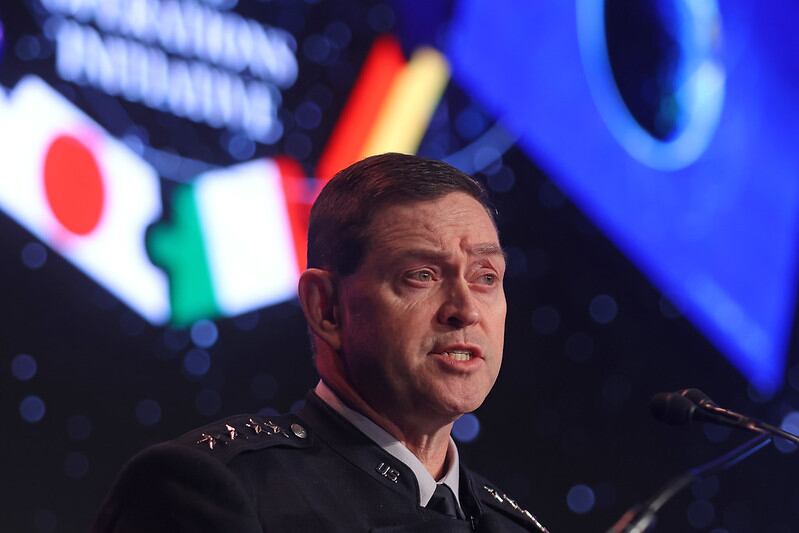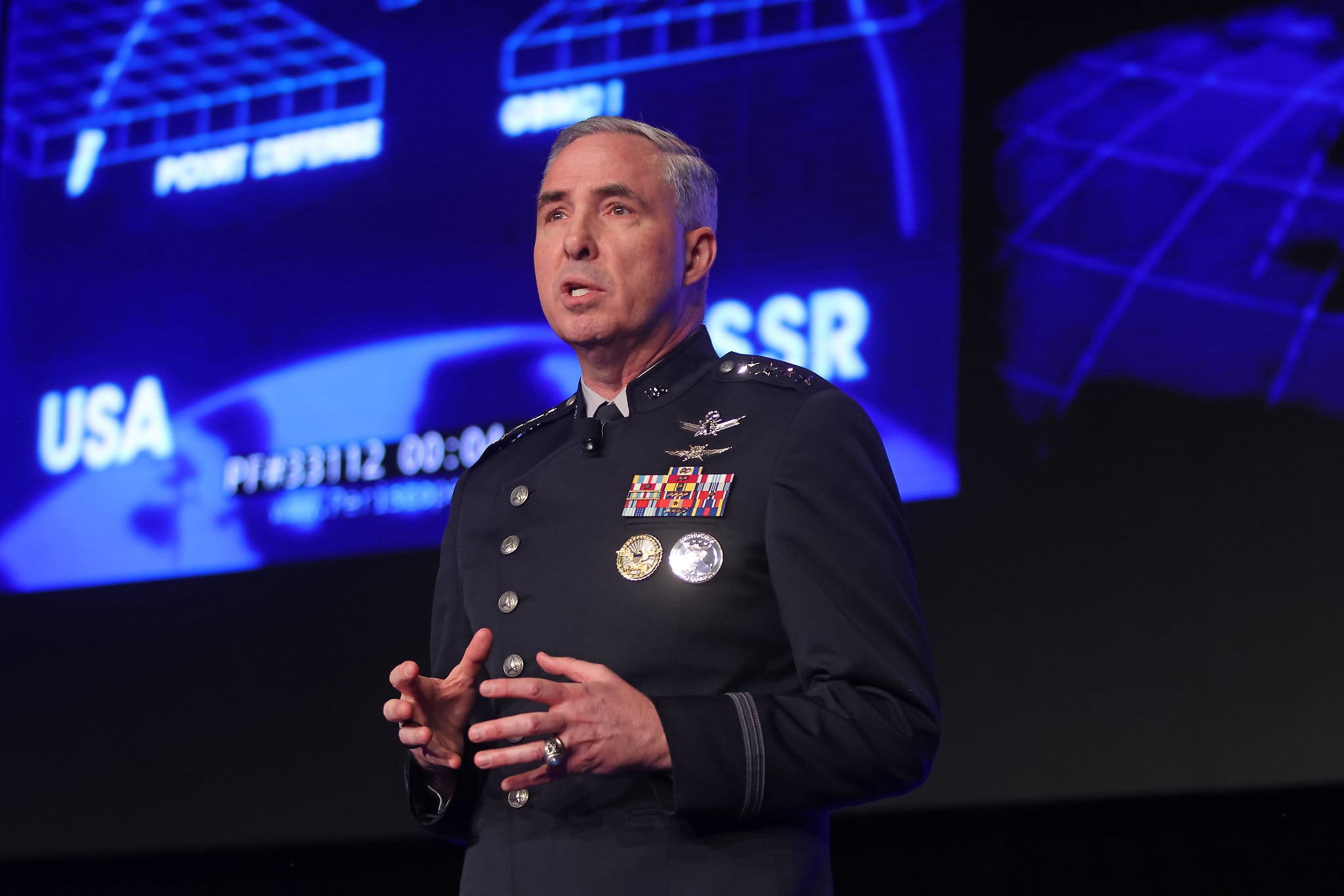The Marine Corps is turning to science fiction and short stories to help forecast future operating concepts in an increasingly complex world.
A Science Fiction Futures Workshop held at the Marine Corps Warfighting Laboratory resulted in three realistic short stories based on the memo "Marine Corps Security Environment Forecast: Futures 2030-2045" (MCSEF), known as the "Science Fiction Futures."
The project, put on by the Corps' Futures Directorate, which provides assessments of plausible future security environments, was a collaboration of science fiction writers and service members to dream up short stories based on future environments described in the 2015 MCSEF.
In every concept the Marine Corps writes, each should begin with a futuristic short story, according to Brig. Gen. Julian Alford, commanding general of the Marine Corps Warfighting Laboratory.
"It’s the hook … it’s just like any great leader is usually a good storyteller, and that’s what this is," he said of these short stories.
Speaking at the Atlantic Council on Jan. 11, Alford, who also serves as the director of the Futures Directorate, added: "If we’re thinking and writing about the future, we’re more likely to get it close."
"When we think of what the future looks like, what is the thing that we aren’t thinking about, what’s the surprise?" Erin Simpson, former CEO of Caerus Associates, said. These projects force national security leaders to consider future operating environments and where the next conflict will break out — be it in a country or a particular set of geographic features, Simpson added.
The effort, and futurism projects writ large, differ from the intelligence business. Most members of the intelligence community and broader defense apparatus don’t spend much time thinking about the future, Simpson said. Rather, intelligence is driven by the requirements process, budget cycles and known threats.
One of the things futurists like to say is they don’t do prediction, they do projection, said Lt. Col. Patrick Kirchner, deputy director at the Foresight Futures Assessment Division of the Marine Corps Warfighting Laboratory. While the intelligence community uses data to comprehend ongoing events, he said, futurists take that same data to determine what is possible in future outcomes.
With the Science Fiction Futures, one can turn a typically mundane government document into a narrative, Kirchner said. "We can change people’s perceptions more easily through a narrative than PowerPoint slides."
The MCSEF is usually meant for field-grade officers and two- and three-star generals, he said. But if the target audience is now second lieutenants and lance corporals, then 15 years from now when that lance corporal is a master sergeant or that second lieutenant is a major, those service members will have already considered future operating environments, Kirchner hoped.
The workshop was not designed to provide speculation of any kind, which is the distinction and difference between hard science fiction, which is rooted in scientific and technical accuracy of the physical world, and fantasy, according to Charles Gannon, a bestselling science fiction author and project participant.
Thought the project is a "fantastic starting point," Simpson conceded that thinking about operating concepts far into the future is difficult and can be more of an art than a science. Hopefully, she said, this type of brainstorming can benefit traditional war-gaming or general staff concepts.
However, if these concepts don’t survive war-gaming, then it’s back to the drawing board, Kirchner said. But if they pass, the ideas become live experiments, eventually leading to fresh doctrine and a physical force capable of handling future operations.
Mark Pomerleau is a reporter for C4ISRNET, covering information warfare and cyberspace.








